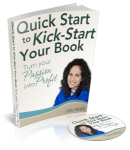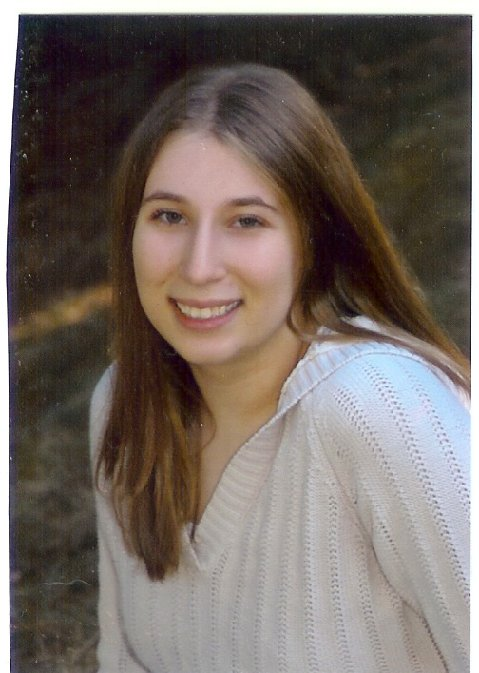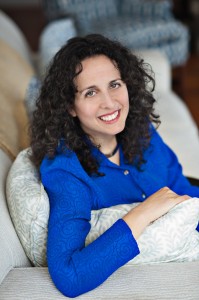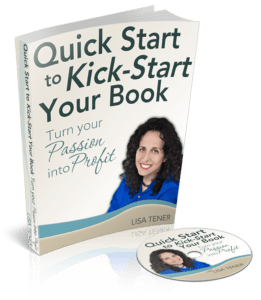 Wow, we had TONS of fantastic questions for Tuesday’s Jump Start Your Book Call (224 questions and comments all together). Today’s Topic is How to Write a Book: How to get started and answers to other beginner challenges. You can also read my earlier post answering questions on how to write a memoir.
Wow, we had TONS of fantastic questions for Tuesday’s Jump Start Your Book Call (224 questions and comments all together). Today’s Topic is How to Write a Book: How to get started and answers to other beginner challenges. You can also read my earlier post answering questions on how to write a memoir.
If you don’t find your question here, feel free to ask again below as a comment. Please hold questions on publishing, book marketing, promotion, editing, etc. as I will answer them in a forthcoming post. For now the topic is how to get started writing a book and other related questions people often ask in the beginning.
Note: I did take time to explain about how to make time for your book as well as how to make writing a book a priority and commit to writing, so I won’t address those questions here (you can listen to the recording for those issues).
Eileen asked, “What’s the difference between a book and a guide?” A guide is just a type of book. One might expect a guide to be short. And one might expect a guide to help you do something—whether it’s how to create something or plan a trip or find romance.
Lauren asked, “What is the best program (i.e., Word document?) to use to get the words on paper? I tend to hand write first and then input into Word, but it is becoming cumbersome.” Lauren, you can use word, which I use. Some authors prefer Scrivener or other software specifically for book writing. I would caution you, however, that sometimes one is more creative writing by hand and then inputting it into the computer. I often find my voice is stronger and I’m more creative writing longhand. The computer is great for blogging but not as good for book writing. However, it’s a very personal decision.
Sheila asked, “Does it take “talent” or can writing be learned? I think I get in my own way!” Sheila, writing can definitely be learned. I’ve met too many people who were told in school they couldn’t write and some have gone on to win multiple awards for their writing, like Pat Hastings, author of Simply a Woman of Faith.” There are some very important—and helpful—rules to good writing that I teach in my Bring Your Book to Life® Program.
Beth asked, “What’s your opinion about writing a blog that turns into a book (a la Seth Godin) … good idea? What blog platform do you suggest? Is there one that converts to a manuscript easier than others?” Blog to book can work very well for some people. For one thing, you can get feedback from your readers and that may affect your book—the content, the chapters—everything really. Also, the blog will help you build a community that will buy your book and recommend it. Some of them may have information or stories you’d like to share in your book. I would caution about thinking you can just turn your blog posts into a book without editing or elaborating. Often what works for a post does not work as well for a book, although there are exceptions. I recommend WordPress—it’s easy to use and good for SEO.
Deborah asked, “Where do I start when I have years of journals and need a focus?” Deborah, I would try one of these three ideas:
a) Skim the journals and use some kind of color code with stickies to indicate different topics. See what areas excite you the most as you skim.
b) Listen to this free audio visualization for writers “meet your muse” and ask your muse “What’s the topic of my first book?” or some similar question.
c) You might like to work through the workbook I use for pre-work in my Bring Your Book to Life Program “Quick Start to Kick Start Your Book.” It will help you clarify your book topic based on your vision, goals, audience and more by taking you through several exercises. It’s $97 for the download version.
Chara asked for “tips on narrowing one’s audience.” It’s a little hard to do without knowing more, but I would say, ask yourself:
a) Who am I most drawn to help or work with?
b) Who is most drawn to me (if you have a business) or who would most likely benefit from what I want to write about?
c) What are my goals and vision for this project?
These questions will start to help you with that. As I mentioned to Deborah, Quick Start might also be a help to guide you and walk you through to a clear answer.
Ben asked, “How do I focus and organize my thoughts so that I can be more certain that what I am writing will be of value?” Similarly to my answers above, the more you get clear on your vision and goals, and who you are writing for, the easier it will be to do that. Developing a structure or detailed outline will help with that as well. These exercises are all in Quick Start.
Beverly wrote, “When I meditate I can see that I have a lot to say/write; when I try to write I freeze and doubt. How do I handle his?” Sometimes, you just need to keep writing until it starts to flow. Other times, you need to address what’s getting in the way. Maybe try the meet your muse exercise I mentioned above. That audio recording may help. Ask, “How can I get in a state of Flow?” I also have a five step process for writing in a state of flow that is part of my Bring Your Book to Life® Program.
Crystal asked, “What if my book is misunderstood? It’s a how to book, and folks can misunderstand directions.” Crystal, I would suggest getting feedback from people in your target market—some might read the whole book and others may just provide feedback on a single chapter. Ask them where they get lost, where they need more information, what worked, what didn’t, etc. We talk more about this subject in my book writing programs.
PJ asked for tips for writing through the fear of writing. This is a common challenge. Again, the free “meet your muse” visualization mentioned above may help. So can working with a coach or in a class. As for specific tips, try walking in nature, writing about what you’re afraid of, asking, “What’s the worst that can happen?” or calling a friend for support before and after writing.
Cecil asked, “What do you do when you get ideas and inspirations on other topics not meant for the book that you are trying to write?” Cecil, I would put these ideas in another file or files and squirrel them away for later. Don’t take too much time elaborating. Stick to one project at a time, in general, so that you can complete it. Having said that, some people find that having different projects improves their creativity—you’ll need to experiment and see what works for you.
Wow, okay, I need to go to bed now, but if you have any “beginner” type questions on writing a how-to, self-help book, memoir or other nonfiction, please ask your questions below. I promise to answer swiftly!







